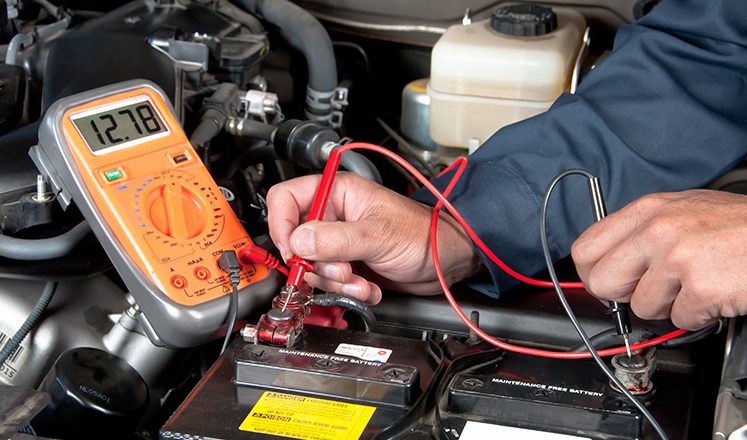Batteries are among the most important components in cars. They provide the current needed for the engine to start and power onboard electrical appliances. Every car owner wants a battery with a healthy lifespan. That’s why we have curated the things you should know about car battery life.
Let’s get to it!
How to Make Your Battery Last Longer
The life of a car battery is fixed, and you can’t extend it beyond the lifespan. However, by learning the factors that negatively affect your car’s battery life, you can prevent the batteries from dying early.
1. Routine inspection
You should perform a routine car inspection at least once a month. Without regular maintenance, the terminals will rust over time and destroy the connection between the battery and the car.
2. Don’t go on short rides.
Your battery takes a minimum time to get charged entirely and operate in full force. During shorter rides, the power cells work when they’re not entirely functional. This affects the performance of your battery by declining its lifespan.
3. Use a charger
When you store your car, the accessories keep drawing energy. You may come back to meet a dead car battery. But a solar or regular charger will help you keep the battery charged even when your car is not running.
4. Turn off accessories when idling.
The primary purpose of the car battery is to supply a sudden burst of power to the ignition. If you use it to power accessories for prolonged periods when idle, it will put pressure on the battery, damaging it in the long run.
5. Store your car properly when not in use for extended periods
You need to drive your car regularly for the power cells to retain an adequate charge. If stored for long periods, the battery may die due to parasitic draining. Ensure to take precautions to avoid this. You can disconnect the negative cable from the battery and reconnect it when you are ready to drive your vehicle again.
Factors That Can Impact Battery Life
Here are the factors that can affect your car battery’s lifespan:
1. Bad driving habit
Your driving habits can impact your vehicle’s battery life negatively. If you go on a lot of brief trips, your battery hasn’t ever charged fully. This behavior has adverse effects on your car’s battery life.
2. Lack of maintenance
If you don’t maintain your lead-acid car battery regularly, its average lifespan will reduce significantly. It’s crucial to maintain your car regularly. If you fail to do so, it may later result in a severe problem and attract expensive repair costs.
3. Extreme temperature
The weather condition in your area can also impact your car battery life. Batteries operate best in places with a temperature range of about 19℃ to 32℃. Extreme low temperatures tend to reduce the battery’s overall capacity.
When the temperature is too high, the battery’s use cycle may reduce significantly. Always maintain optimal operating temperatures if you want to extend the lifespan of your vehicle batteries.
How do you know when to change your Car Battery?
When you notice warning signs like flickering headlights, sluggish cranking, or onboard electronic components, it means your battery needs a change. Try to check the battery once in six months for a weird smell or swelling. This usually points to a problem, and you should change the battery. If your car displays a warning light on the dashboard, it will notify you when the battery needs a change.
Final Thoughts
While it’s not possible to extend the lifespan of your car battery, you can take precautions to prevent the batteries from dying early. Store your vehicle properly when not in use and avoid bad driving habits. Pay attention to warning signs to know when a battery change is due. In all, make sure to maintain your regularly.

